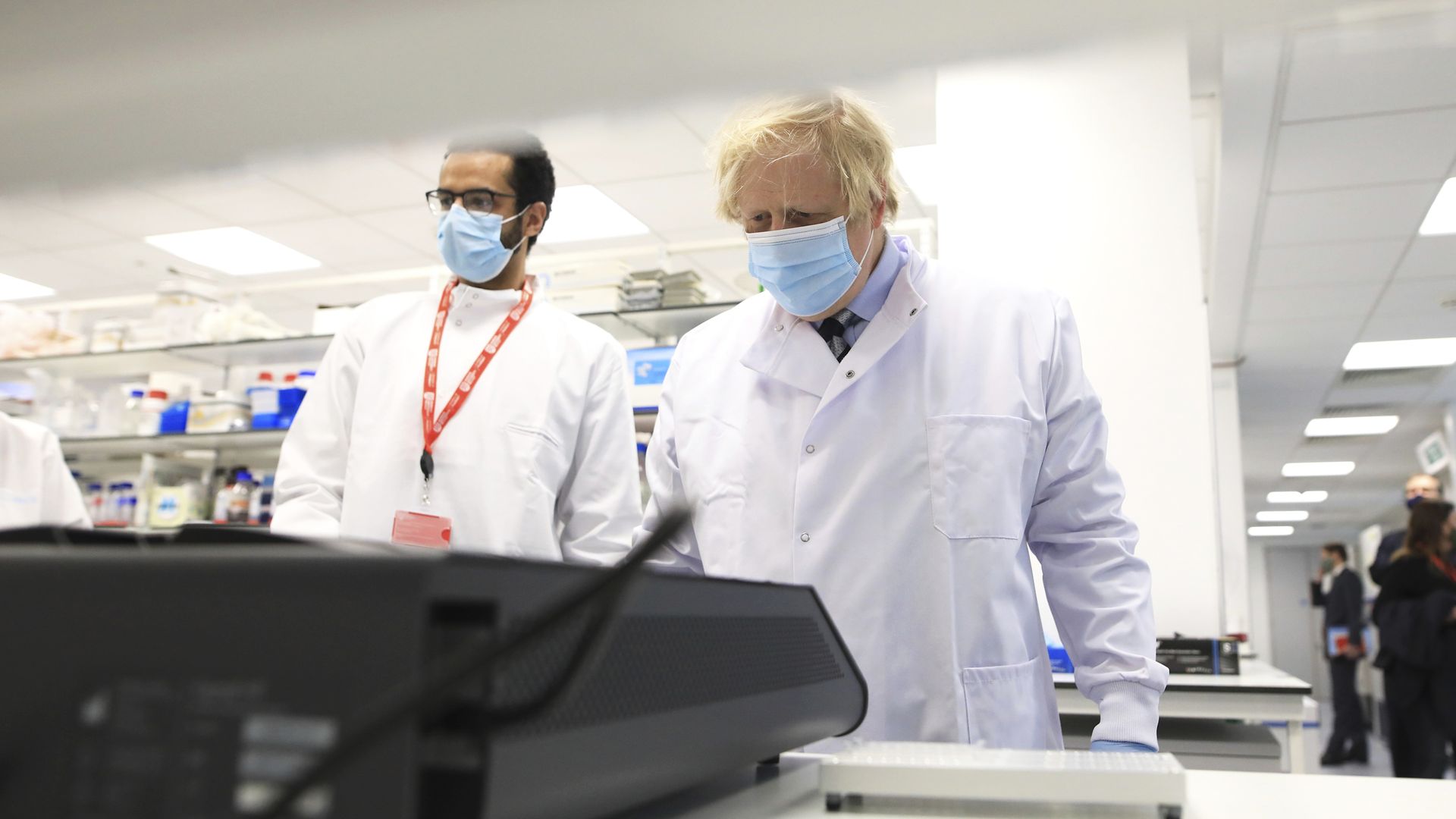
Boris Johnson is facing mounting pressure to launch a public inquiry in the UK’s handling of Covid-19 after healthcare experts, government scientists and a former head of the civil service called for one.
Thousands of bereaved families, nurses and ethnic minority leaders also backed calls for an inquiry into everything from lockdown tactics to test and trace after the UK clocked one of the worst death tolls per capita of any of the world’s large economies.
Lord Kerslake, the head of the civil service under David Cameron, and Prof John Edmunds, a leading scientific adviser to the government on Covid, are among a dozen influential figures who have told the Guardian they support a public inquiry.
Lord Kerslake said a public inquiry could save lives while Edmunds said an event of this magnitude “needs to be looked at in details,” including, if necessary, compelling witnesses to attend.
Others calling for the inquiry include Prof Dame Donna Kinnair, the general secretary of the Royal College of Nursing, Zara Mohammed, the secretary general of the Muslim Council of Britain, Chaand Nagpaul, the chair of the British Medical Association council and Diane Mayhew, a co-founder of the Rights for Residents group, which campaigns on behalf of care home residents, about 40,000 of whom died with Covid.
Johnson is deflecting calls to launch an “independent inquiry”, which he promised last July to set up.
“We are focused on protecting the NHS and saving lives and now is not the right time to devote huge amounts of official time to an inquiry,” a government spokesperson said. “There will be an appropriate time in the future to look back, analyse and reflect on all aspects of this global pandemic.”
Prof Andrew Hayward, an expert in infectious disease epidemiology who also sits on the Scientific Advisory Group for Emergencies (SAGE), said in a personal capacity: “Many would argue that much of this could have been avoided if different [or] earlier decisions had been made at various points in the pandemic. These decision-making processes therefore need to be scrutinised and I think they are only likely to become completely clear if people are compelled to give evidence.”
He said the stress should be on “learning for the future rather than culpability”.
Pressure continues to mount on Johnson who recently faced calls from more than 2,800 families who lost a member to Covid for an “urgent” statutory inquiry with the power to demand witnesses to give evidence and uncover documents.
Even senior Tory figures have joined calls for an inquiry. Former prime minister David Cameron said earlier this month he expected an inquiry and that “more should have been learned from the experience with Sars”. Tory MP William Wragg, who chairs the Commons constitutional affairs select committee, also called for a probe last summer.
Christinea McAnea, the general secretary of Unison, which represents 1.3 million health staff including porters, cleaners, care workers and nurses, said an inquiry should start as society opens up – currently slated for June 21.
“If the UK is to heal, people need to understand why things went so disastrously wrong,” she said. “There are key questions to answer about why care homes were left so vulnerable, frontline staff were without safety kit and testing was abandoned in the early stages.”
The British Medical Association (BMA) and the Royal College of Nursing also backed the calls.
“We have seen suffering at levels people have not experienced,” said the BMA’s Nagpaul. “We have seen livelihoods lost and inequalities exacerbated to levels that have devastated communities. Putting all that together, of course it demands an inquiry.”









